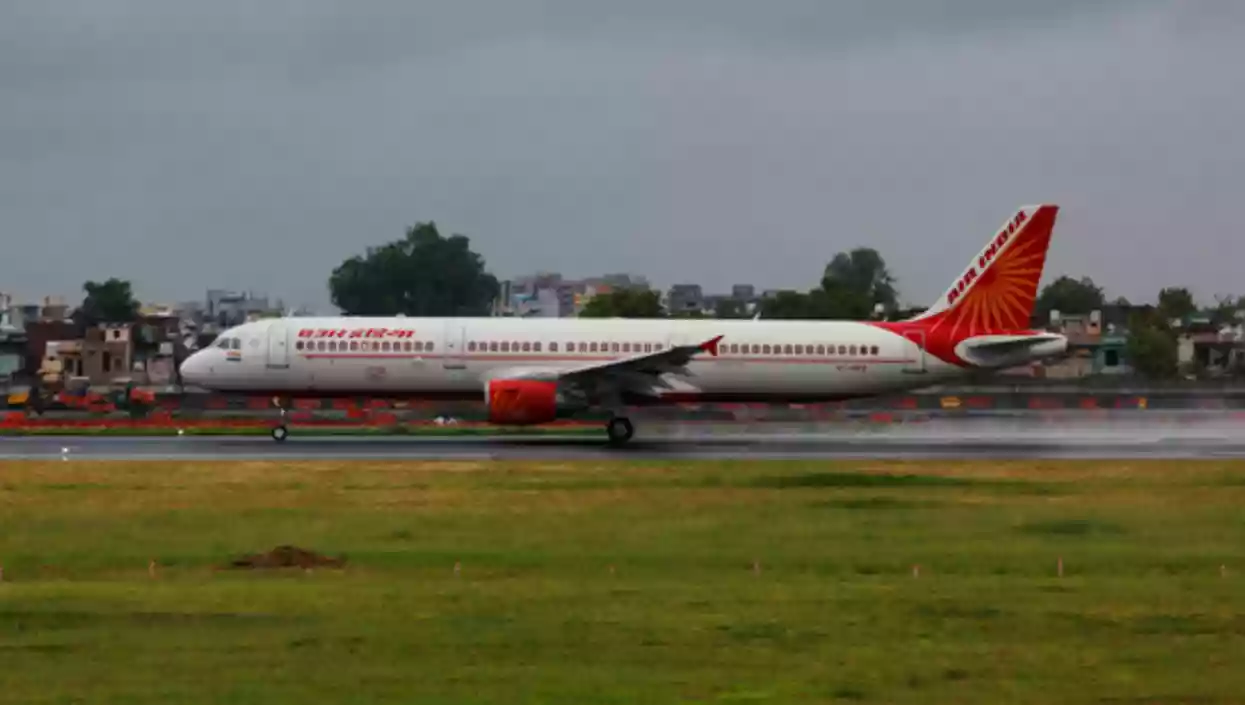.gif)
.gif)

In the aftermath of the tragic Boeing 787-8 Dreamliner crash in Ahmedabad last week, Air India is experiencing a noticeable decline in bookings across both its domestic and international routes. According to Ravi Gosain, President of the Indian Association of Tour Operators (IATO), bookings have fallen by approximately 20 percent, with average fares dropping by 8-15 percent.
The incident involved London-bound Air India flight AI-171, which crashed in Ahmedabad on June 12, just minutes after takeoff, claiming 241 lives on board and nearly 29 on the ground when it struck a medical complex. This devastating event has impacted consumer sentiment, leading to immediate reactions in the travel market. Gosain noted a temporary decline of 18-22 percent in international bookings and 10-12 percent domestically, describing it as a "short-term sentiment-driven reaction."
To counter the reduced demand, Air India has made moderate adjustments to its fares. On domestic sectors where the airline competes with low-cost carriers like IndiGo and Akasa, ticket prices have been reduced by 8-12 percent. International routes, particularly to Europe and Southeast Asia, have seen a larger drop of 10-15 percent. These price corrections are a mix of promotional strategies and yield management in response to the decreased demand.
Furthermore, there has been a noticeable increase in cancellations, especially from corporate and high-end leisure travelers opting for alternative carriers. International cancellations rose by 15-18 percent, and domestic cancellations by 8-10 percent over the past week. Despite this, industry experts anticipate a normalization of the trend, as no systemic safety issue has been reported, and the Directorate General of Civil Aviation (DGCA) continues to affirm Air India's compliance with international safety standards. Federation of Associations in Indian Tourism & Hospitality (FAITH) General Secretary Rajiv Mehra corroborated these figures, stressing the need for all airlines to ensure robust aircraft maintenance for passenger safety.